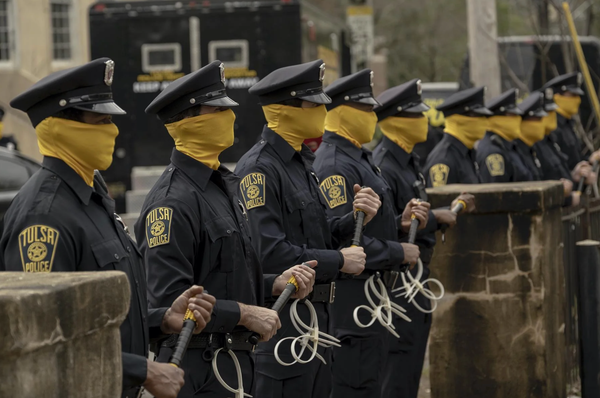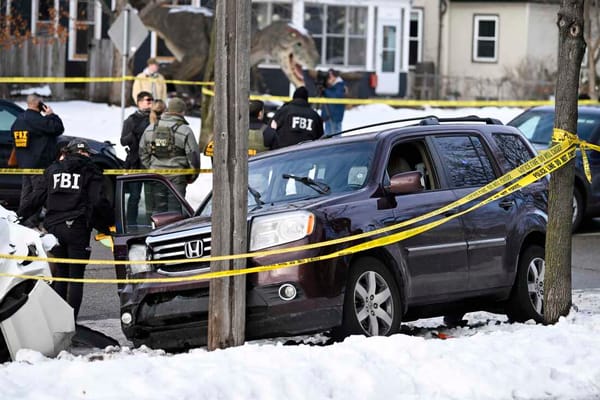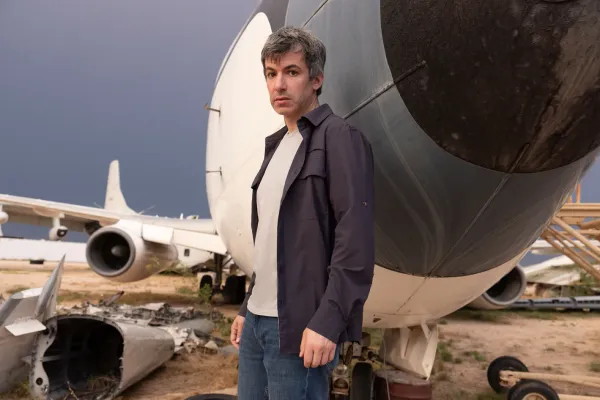The Dread of Nuclear Chaos
Webworm gets a nuclear nonproliferation expert to break down what's happening.
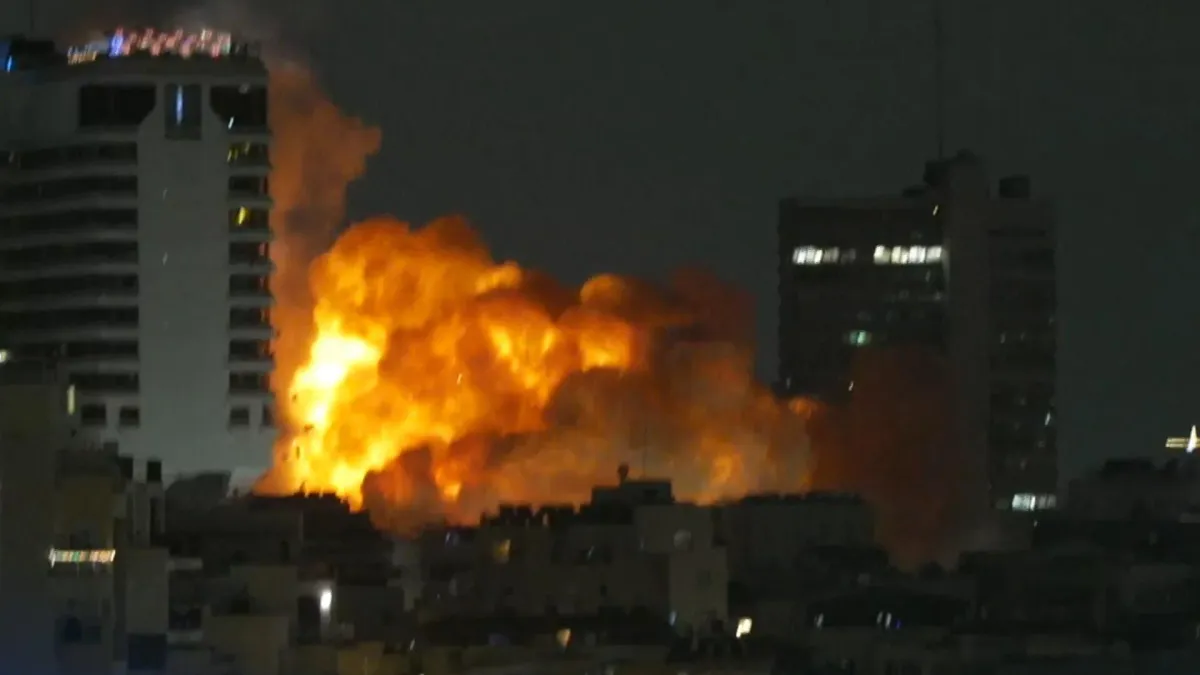
Hi,
If you’re anything like me, it feels like there’s too much dread going on in the world right now to keep up.
I’ve had my head deep in Alex’s story (“The Life and Death of Alex”) — and I’d like to thank you for your outpouring of empathy in the comments. I also have a series of updates for you here:
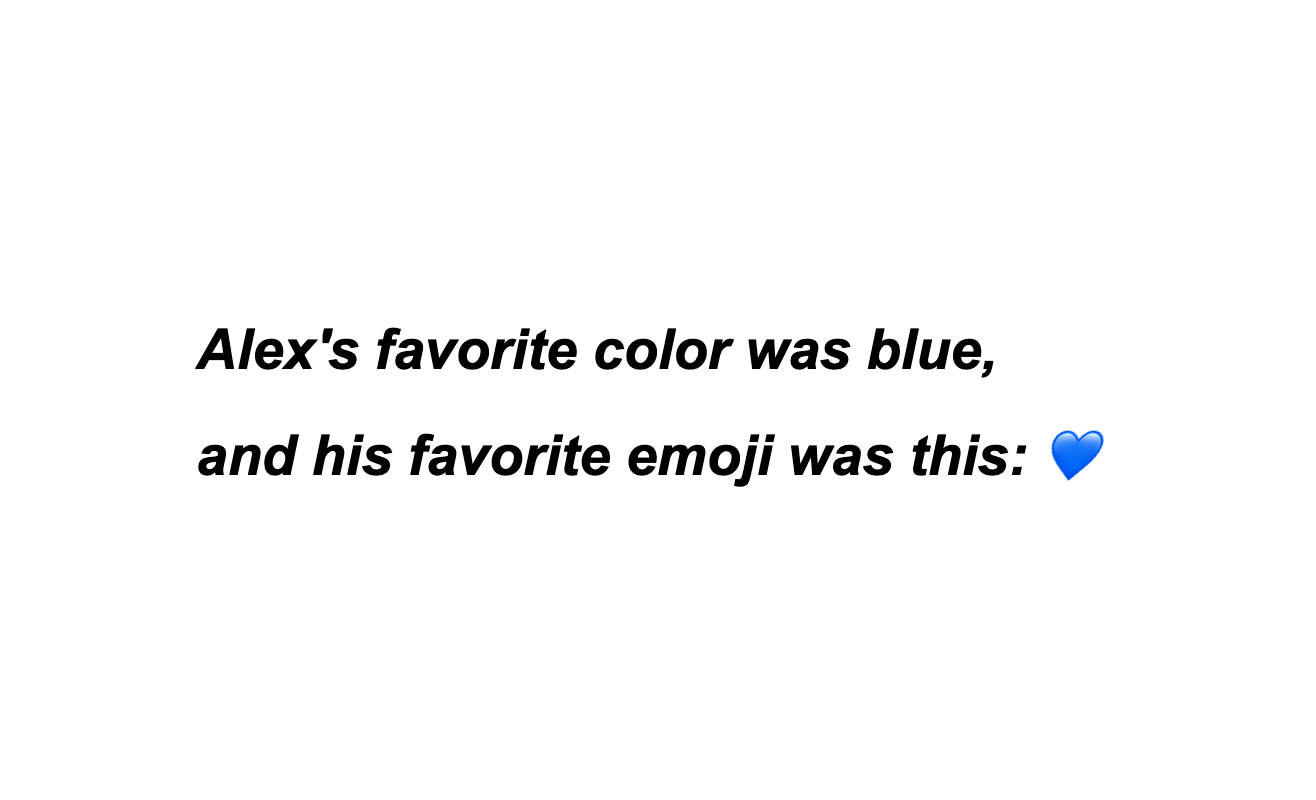
As for today, I wanted to turn to the elephant in the room — in the world — and look to Israel and Iran. My small, tiny universe seemed terrifying enough last week as the National Guard tear gassed journalists and various members of the public — and now we have Israel launching attacks on Iran’s nuclear facilities and missile sites.
I wanted to take a moment to try and understand what Israel’s surprise attack on Iran last week means.
I’m also very aware I am not the one to write about this. Most of what I know about nuclear anything is from terrible Hollywood films and TV shows. Luckily, part of what I love about Webworm is that I get to find people way smarter than me to help explain complicated things.
So here is nuclear nonproliferation expert Lovely Umayam on what this means, and what we should be thinking about.
David.
Spiralling Away From Our Humanity
The dread I feel about this conflict isn’t rooted in the fact that Iran and Israel are fighting, but in the spiral the fighting has set in motion.
by Lovely Umayam
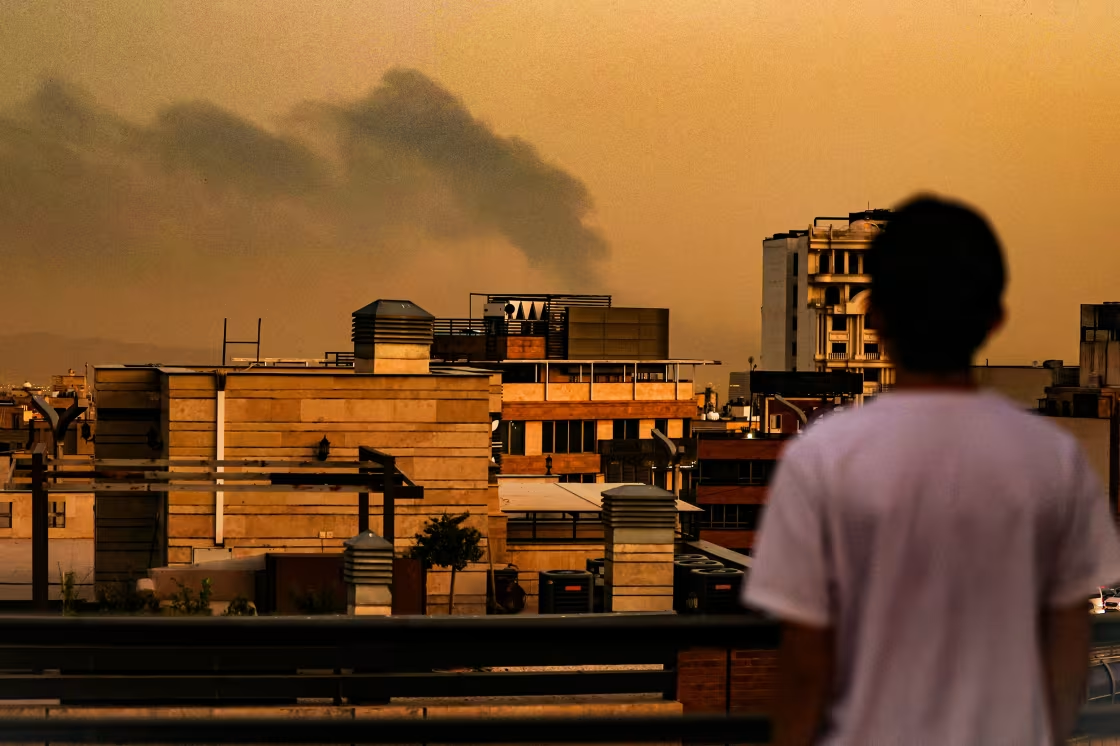
When I learned about Israel’s attack on Iran last Thursday, I was attending a retreat just outside Oakland, a place of rolling hills lush with redwoods and chaparral, hoping to clear my head and find a moment of peace.
I received a text from a colleague alerting me to the breaking news, and from there, updates kept pouring in — disrupting other text threads from family and friends in Los Angeles who were sharing the latest on the protests against ICE raids.
Bursts of updates informing me of “missile strikes” on Tehran mingled with other texts speaking of “non-lethals” being used in LA. Even though I was many miles away from both cities, this collision of news hit me so intensely that I had to put my phone away and stare at a tree. I don’t know what kind of tree it was, but its thick, glossy leaves and knotted branches swaying in the breeze gave me great comfort.
The dread I feel about this conflict isn’t rooted in the fact that Iran and Israel are fighting, but in the spiral the fighting has set in motion.
The aggression between the two over Iran’s potential nuclear weapons capability has been an ongoing saga. It is widely acknowledged that Iran stopped work on its nuclear weapons program in 2003, but has not completely declared all of its nuclear activities to UN inspectors, raising doubts about the status of its program. Since then, many countries, including the United States, have diplomatically engaged Iran to dissuade it from building the bomb.
Over this period, Israel has repeatedly sabotaged Iran’s nuclear program, targeting scientists and launching surgical strikes or cyberattacks on nuclear facilities. (When I was entering the nuclear field, the Stuxnet computer virus that attacked Iran’s Natanz uranium enrichment plant was the biggest drama. Those were simpler days.)
For years this has been the routine, with Israeli Prime Minister Netanyahu presenting badly-drawn infographics on posterboards to the UN as part of his plea to warn the world of Iran’s nuclear ambitions. It’s become a performance, and for many of us in the policy field, we’ve accepted it as part of the dark comedy that defines our work.
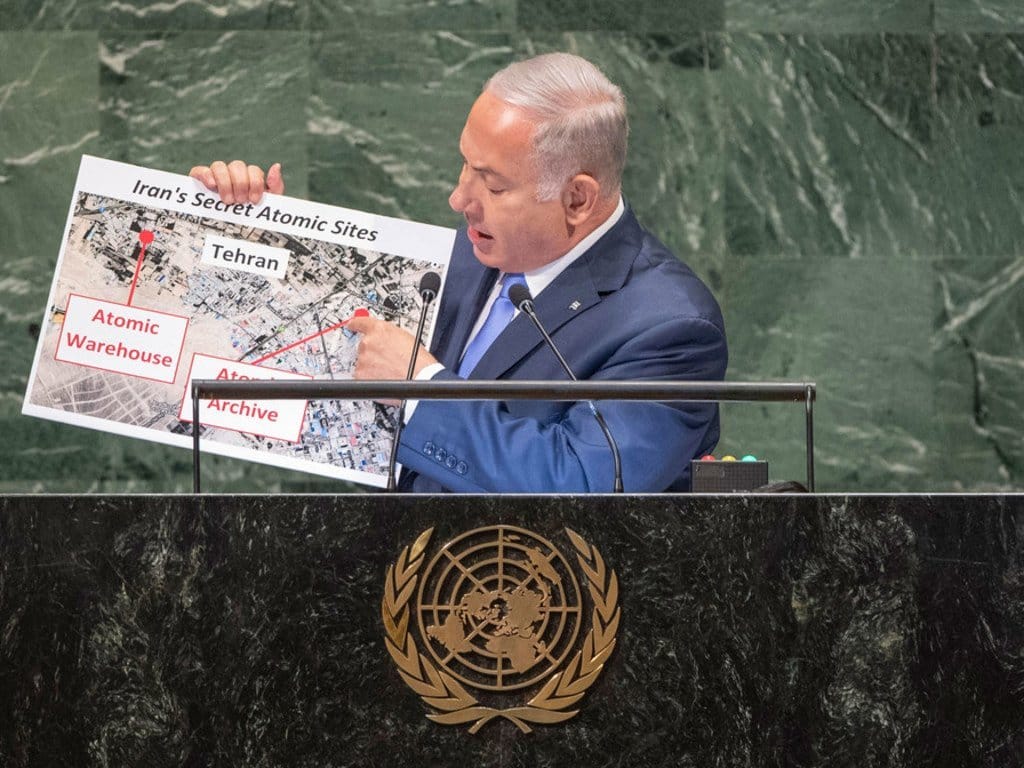
What is happening today is a departure from this usual dance.
The tenor, scope, and length of Israel’s campaign are charged in a way that I have not seen in my career.
Since Thursday, Israel’s strikes have crippled Iran’s military structure, even hitting Iran’s state media. For work, I dutifully monitor Iran’s nuclear infrastructure: some sites have been badly damaged, while others remain unscathed since they are buried deep underground.

While these buildings have withstood the attacks, we cannot say the same of civilian lives: toddlers with fractured limbs after a bomb blast, rescue workers killed by flying shrapnel. There has been no shortage of theory-building and war-gaming about Israel and Iran. But to see it play out like this lays bare how intimate and embodied foreign policy is — and how quickly theory can turn into real human suffering.
Because the attacks have expanded beyond nuclear sites, Israel’s endgame now appears to be something far more audacious: the toppling of the Iranian state. But this shift should not be taken to mean that the nuclear dimensions of this conflict are any less relevant.
Watching people struggle to grasp terms like “enriched uranium” or “nonproliferation” — or to understand the difference between fissile material and an actual nuclear weapon — reveals just how far removed the public has become from an issue that had always required our collective accountability.
At the heart of the matter are two fundamental questions about nuclear technology that we’ve long taken for granted: Who has the right to access nuclear materials and technology? And what does it mean to be a responsible custodian of this technology, to commit it only to peaceful uses?
Every country, including Iran, has the right to pursue nuclear technology for peaceful purposes. Israel’s attack on Iranian nuclear facilities, no matter how close Iran may be to weapons capability — which, to be clear, even U.S. intelligence believes that Tehran is not actively pursuing at this time — is not justifiable under international law as an act of self-defense.
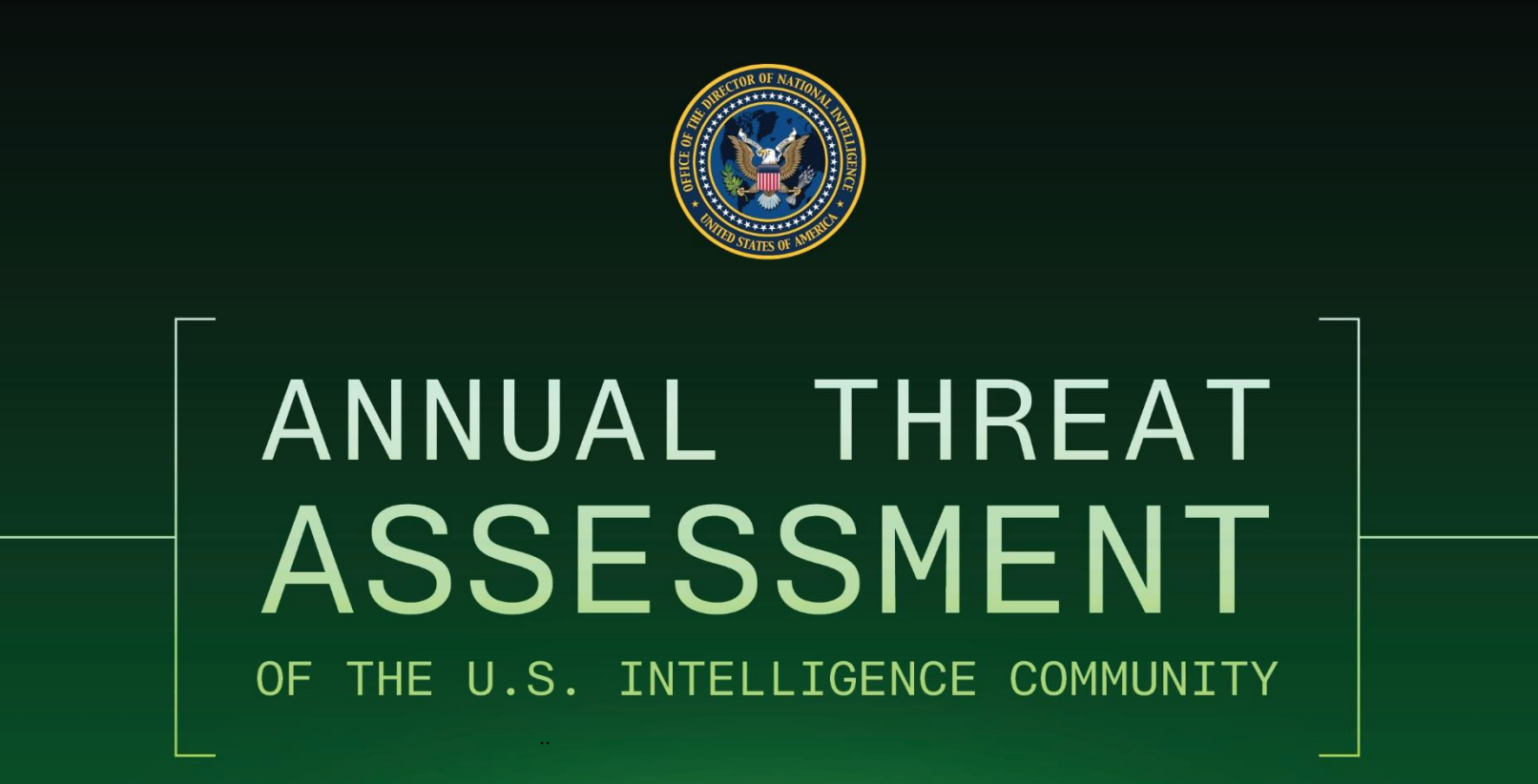
At the same time, access to nuclear technology must come with the responsibility not to weaponize it, which both Israel (as an undeclared nuclear weapons state) and Iran (as a potential breakout nuclear weapon state) have refused to recognize.
At a time of heightened nuclear danger, we are unable to critically engage these questions because we’ve mostly encountered nukes in their caricatured forms in Hollywood movies, rather than real materials that must be counted, monitored, and inspected.
As Israel continues to strike Iran’s nuclear sites, I wonder how we would account for the nuclear material inside. How do we know it is completely destroyed? How do we know that materials have not been salvaged and moved? Attacking these facilities has effectively severed the systems of nuclear accounting and inspection put in place through years of hard-won diplomacy.
Now, Iran’s nuclear activities will be harder to track. Worse, it may have reinforced a dangerous logic: that nuclear weapons are exactly what the Iranian regime needs in this moment of vulnerability to restore its sense of security.
While I was looking at that tree, this is the word I meditated on: security. It’s been invoked endlessly over the past several days — a word that is simple and familiar, but now carries a devious undertone.
To “secure” the American border, the U.S. government has torn families apart through its kidnapping and deportation campaign. To “secure” Los Angelenos from violence carried out by a few isolated incidents during protests, Trump deployed the military to the streets.
To “secure” the Israeli state, Netanyahu’s government has not only indiscriminately bombed Gaza and instigated mass starvation, but has expanded its assault into Lebanon — and now Iran.
In our pursuit of security, we have traded away our humanity. We are governed by world leaders who view security as something to be seized, rather than cultivated. Donald Trump is, I think, especially smitten by this word; it aligns neatly with his politics, in which “security” is something that a winner takes at all cost. In his and Netanyahu’s hands, security is captured through aggression and escalation.
These were the thoughts that swirled in my mind as I gazed at that tree, feeling the wind graze my face and steady my breath — a small attempt to ground myself for whatever has yet to come.
The stillness of that moment was clarifying, instructive.
The task at hand for governments and people all over the world is to resist the current framework of foreign policy we are boxed into. To restore the slow, invisible but effective work of diplomacy. And to insist on the radical retelling of what security really ought to be.
-Lovely Umayam
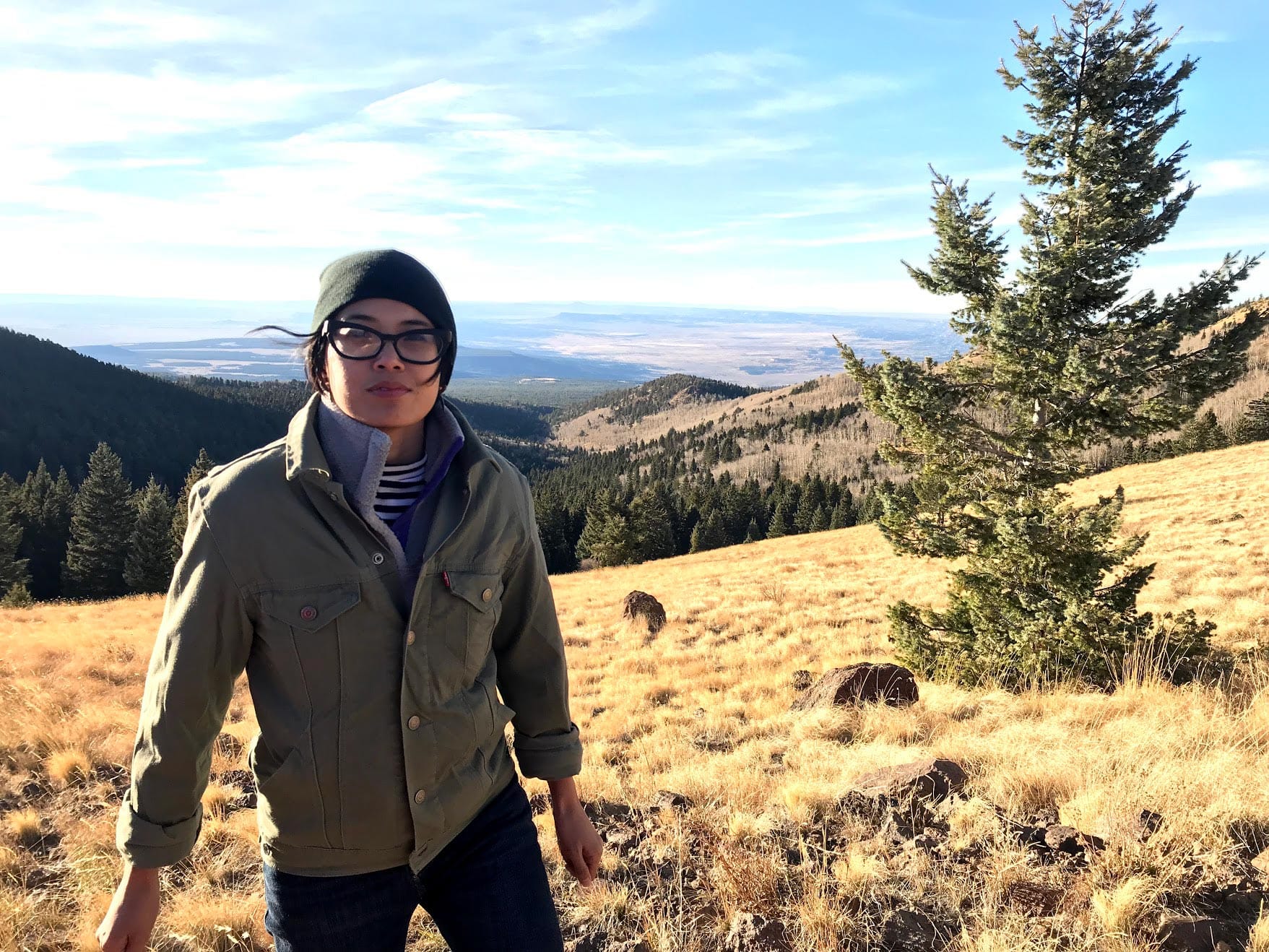
Umayam is a nuclear nonproliferation expert and writer. She founded Bombshelltoe and is also a Non-Resident Fellow at the Stimson Center, where she conducts research on technologies like blockchain and its potential applications for tracking nuclear materials and protecting related facilities. Prior to this she managed nuclear security and supply chain security projects at the Stimson Center, and worked on nuclear safeguards and track-II diplomacy at the U.S. Department of Energy. She considers Pandacan Manila, Philippines; Washington, DC; and Los Angeles, CA her home.
Like most of Webworm’s public interest journalism that hopefully helps the world a little, there is no paywall - so this piece can be shared publicly: www.webworm.co/p/secure


